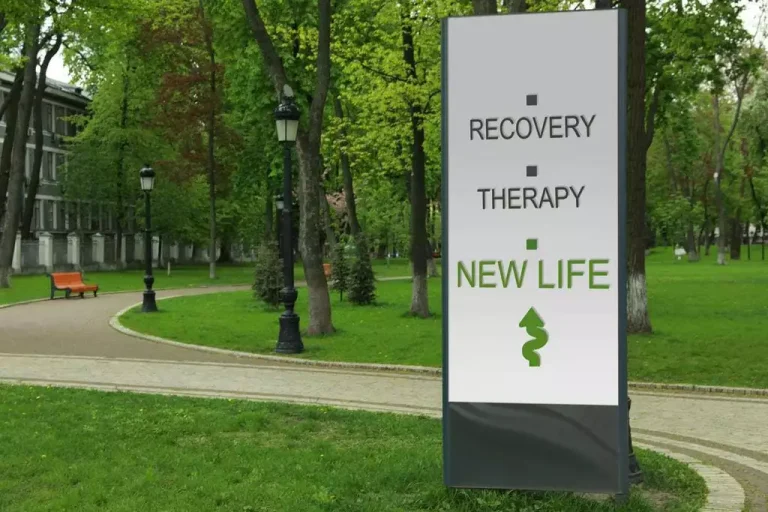
Under the influence of alcohol, those already predisposed toward anger may vent or, more seriously, direct their anger toward a target that might be experienced as less threatening than the original target. People who tend to ignore the future consequences of their behavior, or score low on the Consideration of Future Consequences (CFC) scale, have been found to display more aggression. Alcohol impairs cognitive function, which means it is more difficult to problem-solve, control anger, and make good decisions when drinking. Decreased cognitive function also means it’s more likely for you to misread a situation and overreact. For example, if you’re intoxicated, you might perceive someone bumping into you by accident as a provocation and respond aggressively. There are a number of cognitive, neurobiological, and social factors that can influence how alcohol affects aggression.
Free Apps to Help You in Addiction Recovery

Alcohol-related anger and aggressive behaviors increase the chance of developing common mental health conditions, including depression, anxiety, and stress. Moreover, alcohol can increase the risk of bipolar disorder, dementia, mood disorders, and schizophrenia. Meditation can help clients to relax physical tension, become more alcoholic rage syndrome self-aware, and work toward creating a healthy mind-body balance.
Anger Management and Alcohol Addiction
Another study that explored the impact of alcohol consumption on facial recognition found that individuals with alcohol use disorder exhibited a bias toward misidentifying emotional facial expressions as hostile or disgusted (Freeman et al., 2018). Interestingly, those in the control group tended to misidentify expressions as happy. Drinking cocktails that include energy drinks should be considered a possible factor for aggressive behavior as well. Researchers surveyed 175 young adults who mixed alcohol with caffeinated energy drinks about their verbal and physical aggression in bar conflicts.
Advancing an Integrated Theory of Sexual Minority Alcohol-Related Intimate Partner Violence Perpetration

Alcohol use and anger can both be treated using psychotherapy approaches rooted in cognitive behavioral therapy (CBT). The link between alcohol and anger has to do with alcohol’s ability to remove your inhibitions and disrupt your emotional regulation. When you drink alcohol, parts of your brain that manage anger are suppressed, making it more likely for angry feelings to bubble to the surface. While psychotherapy is the primary approach for co-treatment of alcohol use and anger management, medications like mood stabilizers and those used to treat substance withdrawal may also be part of your treatment plan. If you live with underlying anger challenges, for example, it may not be as noticeable when you’re sober because your frontal lobe allows you to manage your emotions and your behaviors.
- These issues can then lead to more anger and further difficulty controlling emotions and outbursts.
- Suppressing anger is ultimately counterproductive, and can result in too much tension building up, followed by an outburst that can and sometimes does lead to relapse.
- It is important for people undergoing treatment to have a stable and supportive home environment without access to drugs and alcohol.
- First, its coping skills approach fits conceptually into coping skills relapse prevention conceptualizations (Marlatt & Gordon, 1980; Witkiewitz & Marlatt, 2004).
- Others have documented the relationship between alcohol consumption and violence toward intimate partners (e.g., Lisco, Parrott, & Tharp, 2012) and sexual minorities (e.g., Parrott, Peterson, & Bakeman, 2011).
Less Cognitive Function

One such study involved a sample of 85 social drinkers who were described as being low or high trait anger based on their responses to the anger expression index of the State-Trait Anger Expression Inventory-2 (STAXI-2) (Eastwood et al., 2020). They first consumed alcohol and were asked to recognize the emotions of different faces on a computer task. Specifically, they exhibited a reduced capacity to detect sadness and fear and a reduced tendency towards seeing happiness. While the study did not support a significant difference between groups high and low in anger, these results support the notion that such impairment in facial recognition may contribute to aggressive responding.
- There is little debate that alcohol is a contributing cause of aggressive behavior.
- Instigating factors normatively produce an urge to behave aggressively (e.g., provocation).
- An intervention from loved ones can help some people recognize and accept that they need professional help.
- The urn random assignment was carried out by the project coordinator via a computerized program.
How Anger and Alcohol Contribute to Domestic Violence
Challenges to treatment fidelity such as a Rosenthal Effect and non-adherence to the treatment protocol cannot be ruled out. Future research should incorporate stringent treatment fidelity methodology in order to document adherence to protocol. Self-awareness is important for everyone’s mental health, but it is especially necessary for people with AUD and anger issues. Understanding your emotions and making smart decisions about alcohol consumption is the best way to avoid problems. Researchers evaluated the failure to consider future consequences as a significant risk factor for aggression (Bushman et al., 2012) In this study, 495 social drinkers were assigned to a group that consumed alcohol or a placebo group.

